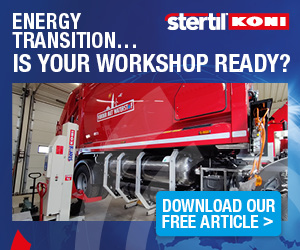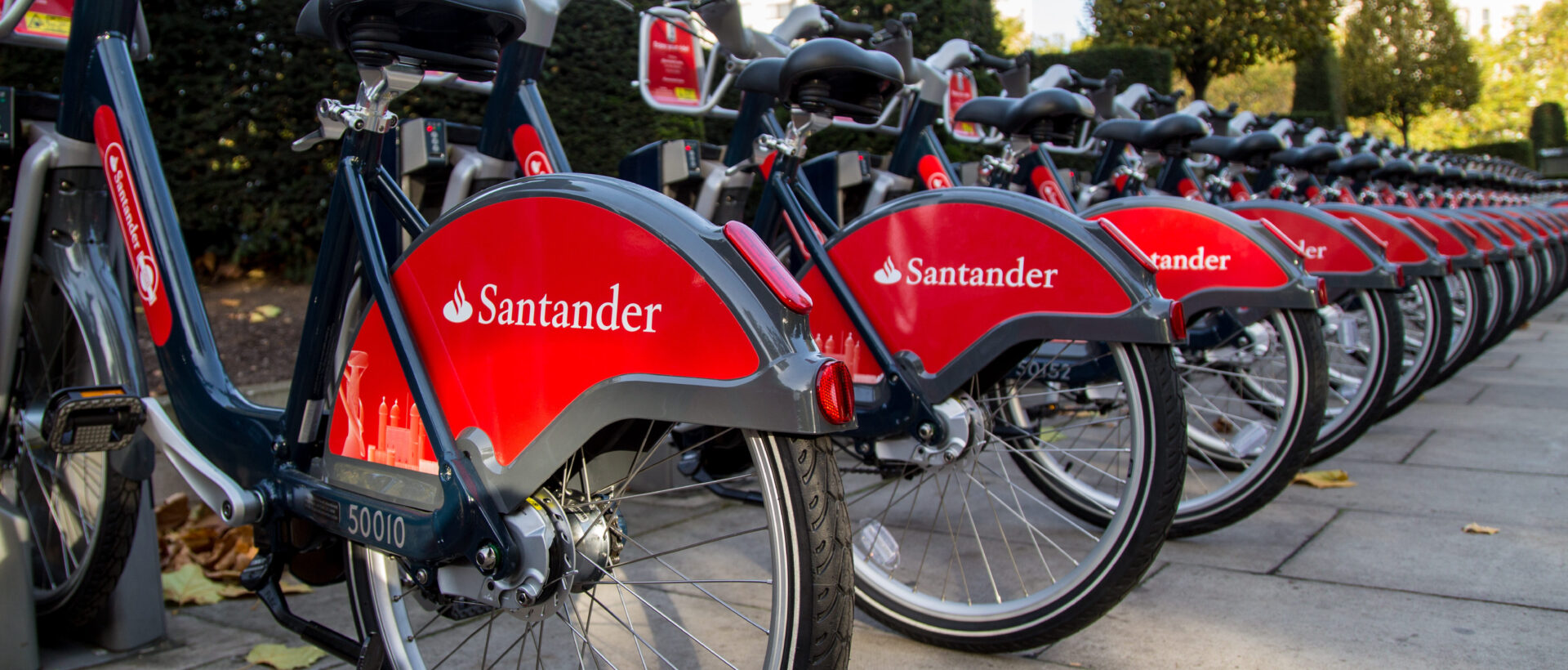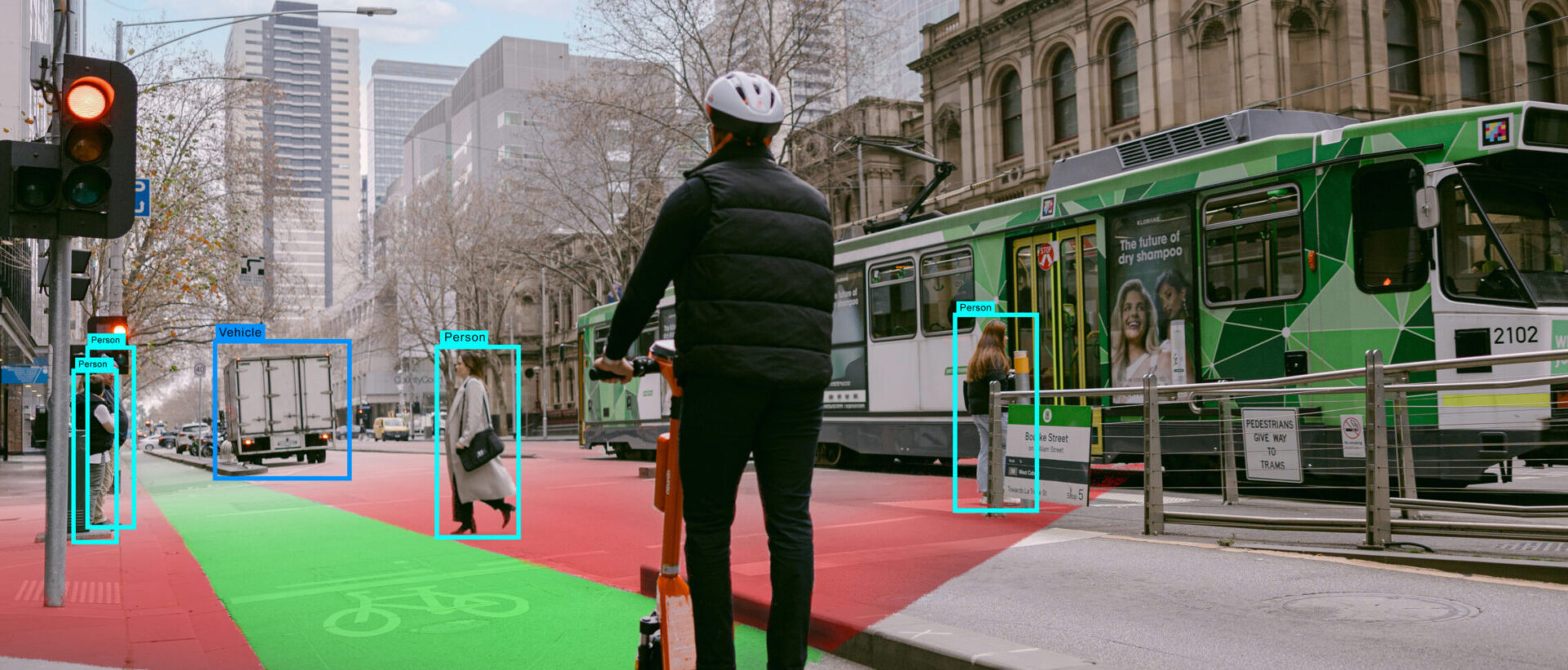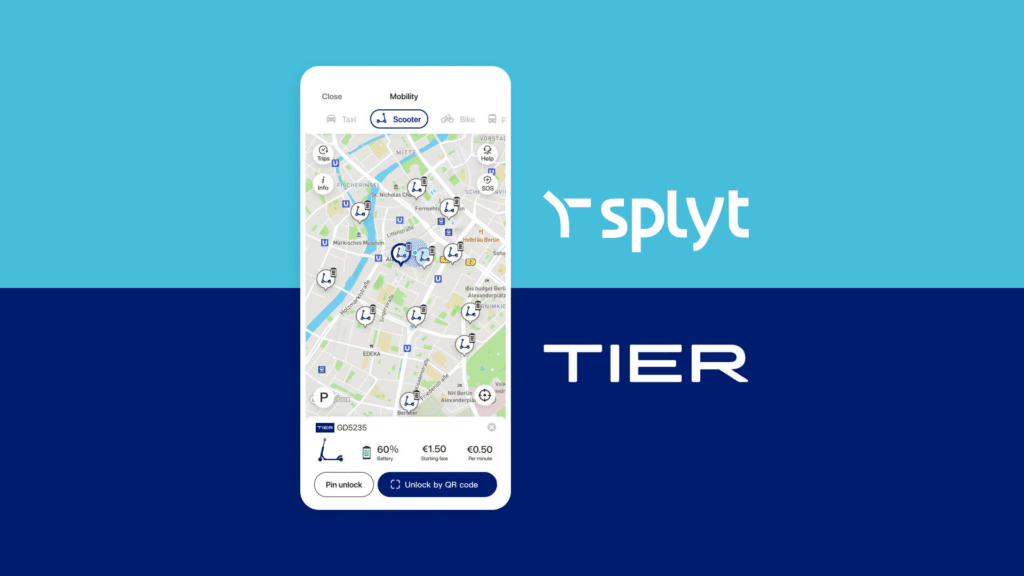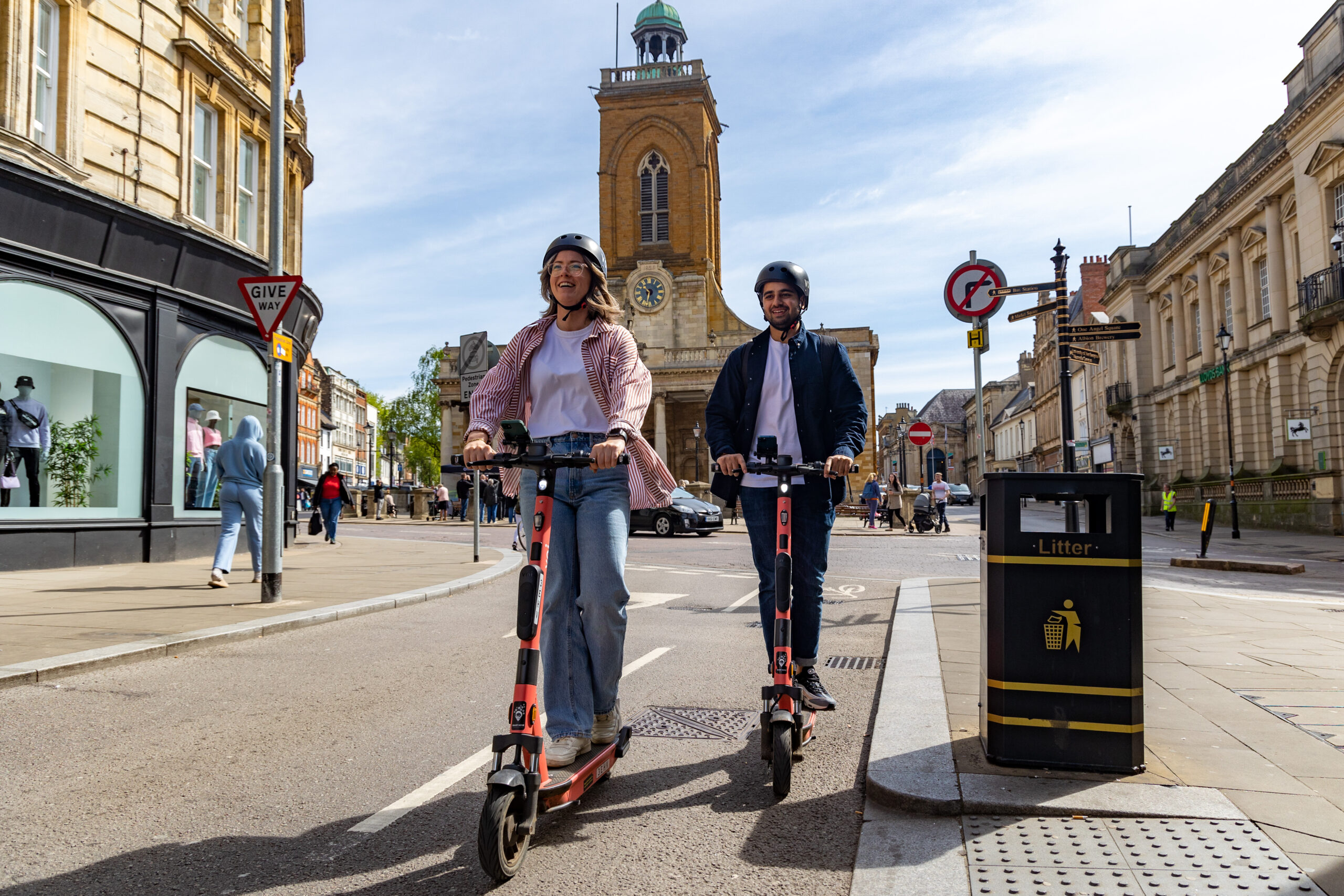ZapBatt has partnered with Toshiba to combine its AI software and battery hardware with Toshiba’s lithium titanium oxide (LTO) battery cells to create more efficient and economical batteries for micromobility vehicles.
Toshiba’s LTO batteries can fully charge in 20 minutes and have a lifespan of at least 20 years. Additionally, the cells perform in temperatures as low as -30 degrees Celsius, whereas typical Li-ion batteries require temperatures above 0 degrees Celsius.
Notably, ZappBatt also claims that the chemical makeup of LTO cells eliminates fire risk from thermal runaway, which has become a concern for micromobility vehicles powered by Li-ion batteries.
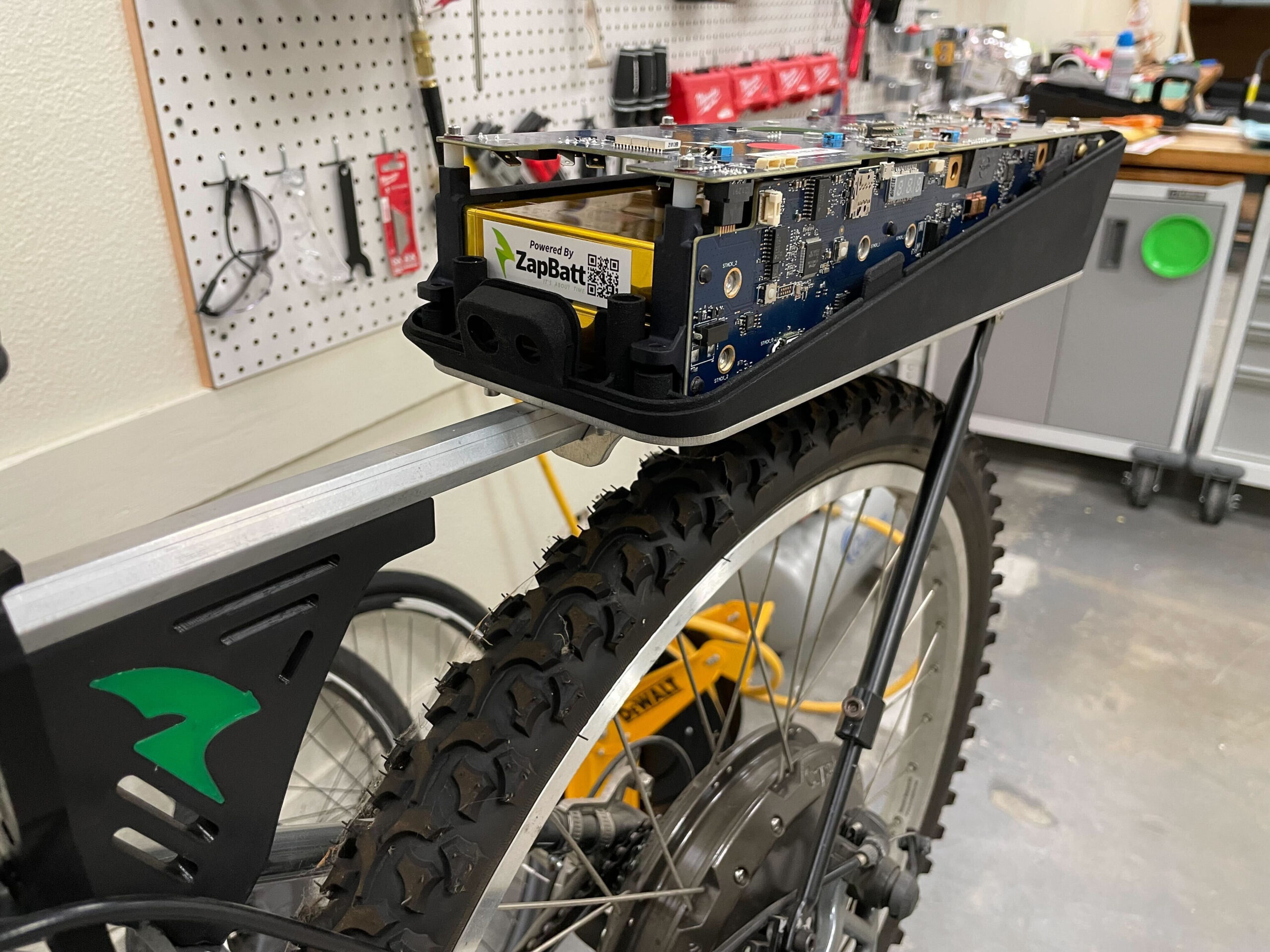
Charlie Welch, CEO and Co-founder of ZapBatt said:For global carbon reduction and electrification, we need better battery solutions now, not in ten years. To address this problem, we worked with Toshiba to allow lithium titanium oxide to come alive, bridge into new markets quickly, and provide maximum economic and environmental benefits. Unlike other chemistries, lithium titanium oxide is very efficient in a variety of conditions, not just on a lab bench. It’s like the Seabiscuit of batteries.
The LTO battery technology will be enhanced by ZappBatt’s software, which analyses 26 data points and communicates with the system to improve its energy efficiency.
In addition, ZapBatt has built a new hardware solution: bi-directional adaptive terminal voltage (BATV), which allows the system to control the battery voltage input/output for a wide range of applications.
Amiad Zionpur, Chief Operating Officer of ZapBatt said:ZapBatt’s bi-directional adaptive terminal voltage (BATV) technology allows the battery to reconfigure itself based on the customer’s needs, essentially making it a universal adapter that has the potential to change the battery landscape completely. Because of this unique ability, the e-bike battery can be used in many different applications, from micromobility to consumer products.
ZappBatt is now conducting several micromobility pilots throughout North America. The batteries are then expected to be commercially available in early 2023.

